Our Common Cause
The criminal investigation of the “riot” on July 27, 2019, in Moscow is absurd. The frame-up has been concocted by Russian law enforcement authorities in plain view. All of the people charged in the case are innocent.
We demand that the authorities drop the case.
What Is the Article 212 Case?
On July 27, 2019, thousands of people took to the streets of Moscow to protest the invalidation by the Moscow City Elections Commission of the signatures of thousands of Muscovites in support of independent candidates for the Moscow City Duma, who were consequently barred from standing in the September 8 elections. The peaceful protest was marred when police and other security forces detained 1,373 protesters, an unprecedented number, and injured 77 protesters.
On July 30, 2019, the Russian Investigative Committee launched a criminal investigation of the events of July 27, 2019, under Article 212 of the Russian Criminal Code, which means the authorities want everyone to believe the peaceful protest was a “riot.”
At present, 13 people have been arrested in the case. All of them have been remanded in custody and faced three to eight years in prison if they are convicted as charged.
The Prisoners
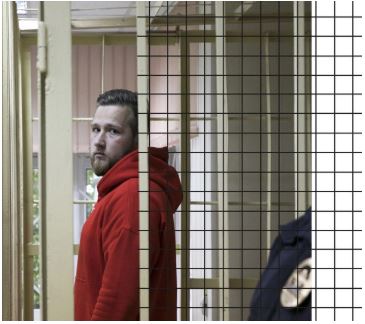
Sergei Abanichev
25, manager
Arrested: August 3, 2019
Charges: Russian Criminal Code Article 212.2 (“involvement in rioting”). According to investigators, Abanichev threw a tin can at a police officer on July 27.
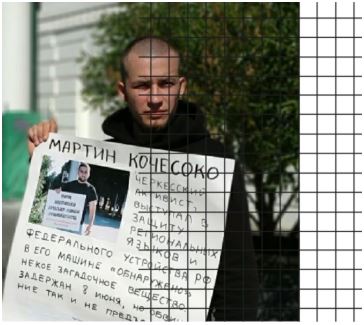
Vladislav Barabanov
22, grassroots activist from Nizhny Novgorod
Arrested: August 3, 2019
Charges: Russian Criminal Code Article 212.2. Barabanov is accused of “directing” protesters on Petrovsky Boulevard on July 27.
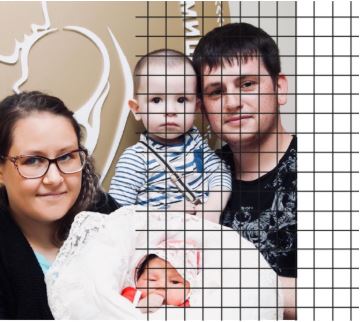
Danila Beglets
27, self-employed
Arrested: August 9, 2019
Charges: Russian Criminal Code Article 212.2
Remanded in custody until October 9, 2019.

Aydar Gubaydulin
25, graduate of the Moscow Institute of Physics and Technology
Arrested: August 9, 2019
Charges: Russian Criminal Code Article 212.2
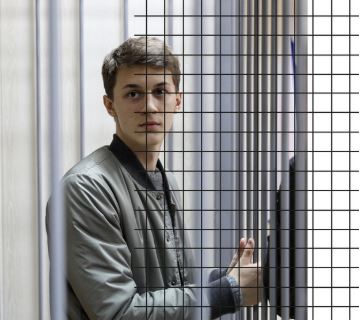
Yegor Zhukov
21, student, Higher School of Economics
Arrested: August 2, 2019
Charges: Russian Criminal Code Article 212.2. Zhukov is accused of directing the crowd on August 27 by “pointing to the right.”
Moscow’s Presna District Court remanded Zhukov in custody until September 27. Currently jailed in Matrosskaya Tishina Remand Prison.
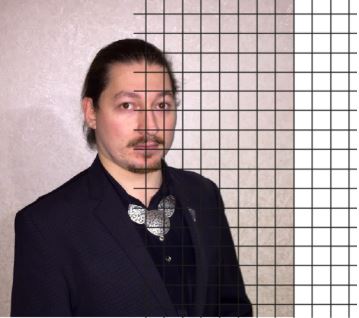
Kirill Zhukov
28, studied physics, engineering, and psychology at university
Arrested: August 4, 2019
Currently jailed in Remand Prison No. 4.
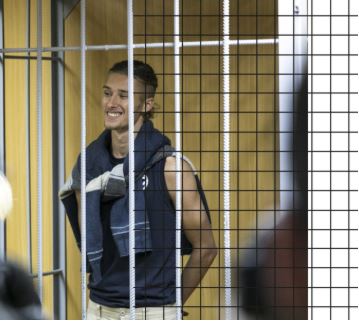
Daniil Konon
22, student, Bauman School
Arrested: August 3, 2019
Charges: Russian Criminal Code Article 212.2
Currently jailed in Matrosskaya Tishina Remand Prison.
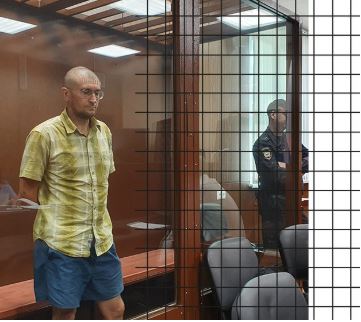
Yevgeny Kovalenko
48, railroad security guard
Arrested: August 2, 2019
Charges: Russian Criminal Code Article 212.2 and Article 318
On August 5, the court remanded Kovalenko in custody for two months. He and his legal counsel will appeal the ruling at a hearing scheduled to take place at Moscow City Court, Room 327, at 11:10 a.m. on August 22.
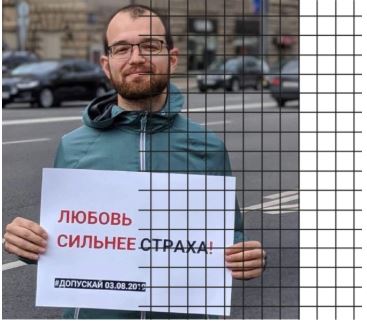
Alexei Minyaylo
34, entrepreneur, volunteer
Arrested: August 2, 2019
Charges: Russian Criminal Code Article 212.2
Currently jailed in Matrosskaya Tishina Remand Prison.
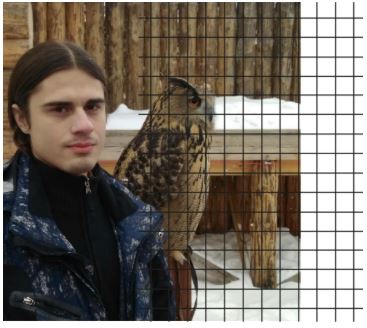
Ivan Podkopayev
25, technician
Arrested: August 2, 2019
Charges: Russian Criminal Code Article 212
Currently jailed in Matrosskaya Tishina Remand Prison.

Samariddin Radzhabov
21, construction worker
Arrested: August 2, 2019
Charges: Russian Criminal Code Article 212, Article 30.3 (“Preparations for a crime, and attempted crimes”), Article 318.1
Remanded in custody until September 27. Currently jailed in Matrosskaya Tishina Remand Prison.
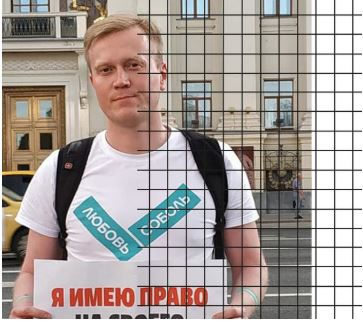
Sergei Fomin
36, self-employed
Arrested: August 8, 2019
Charges: Russian Criminal Code Article 212.2
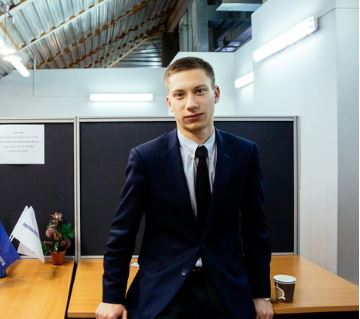
Valery Kostenok
20, student, Moscow State University of Design and Technology
Arrested: August 12, 2019
Charges: Russian Criminal Code Article 212.2. Kostenok is accused of tossing two empty plastic bottles towards the police on July 27.
Currently jailed in Remand Prison No. 5 (Vodnik).
Our job is protecting innocent people from the lawlessness of Russia’s law enforcement agencies.
Our Team
We are a pressure group, established by activists, and friends and relatives of people who were detained by police in the aftermath of grassroots protests during July and August 2019 in order to coordinate assistance to protesters charged with felonies.
Our goal is to help the people arrested in the Article 212 Case and their families and friends, publicize the criminal prosecution of the protesters, and encourage other forms of solidarity and support.
We want to make everyone recognize there was no “riot” on the streets of Moscow on July 27, 2019.
We seek the release of everyone wrongfully prosecuted by law enforcement and the courts.
We want to see human rights honored and observed.
We are:
- Armen Aramyan, graduate student at the Higher School of Economics, editor of the independent student magazine DOXA
- Alexandra Krylenkova, civil rights activist
- Nikita Ponarin, student at the Higher School of Economics, grassroots activist
- Roman Kiselyov, civil rights activist
- Maria Chernykh, co-founder, Verstak Design Bureau
And many, many others.
How Can I Help?
- Sign the petition on the Article 212 Case, as launched by Novaya Gazeta on Change.org.
- People in jail are cut off from the outside world. Letters are nearly their only connection to life, so you can write letters to the prisoners. If you don’t want to write and send a paper letter, you can send an electronic letter via FSIN-Pismo and RosUznik.
- We are recruiting volunteers and organizing the systematic delivery of care packages to each prisoner in our chat room on Telegram.
- Attend court hearings in the case: this is a really good way to support the prisoners. We will be publishing the schedule on Facebook, VK, and Telegram, as well as on this website.
- If you want to join the campaign and you have ideas and the energy to support the prisoners and their loved ones, write to us on our chatbot.
What About Money?
Prisoners of the Article 212 Case is a volunteer project. We realize, however, that the people jailed in remand prisons need care packages, and their families need assistance. This costs money, sometimes at short notice, and that is why we are launching a campaign fundraiser in the coming days.
Sign up for our mailing list and we will send you an email when the fundraiser is launched.
Source: delo212.ru. Translated by the Russian Reader

 The Network defendants in the courtroom in Penza. Photo by Yevgeny Malyshev. Courtesy of 7X7
The Network defendants in the courtroom in Penza. Photo by Yevgeny Malyshev. Courtesy of 7X7 Chinese holidaymakers at the Moscow Station in Petersburg. The coronavirus has “legalized”
Chinese holidaymakers at the Moscow Station in Petersburg. The coronavirus has “legalized” 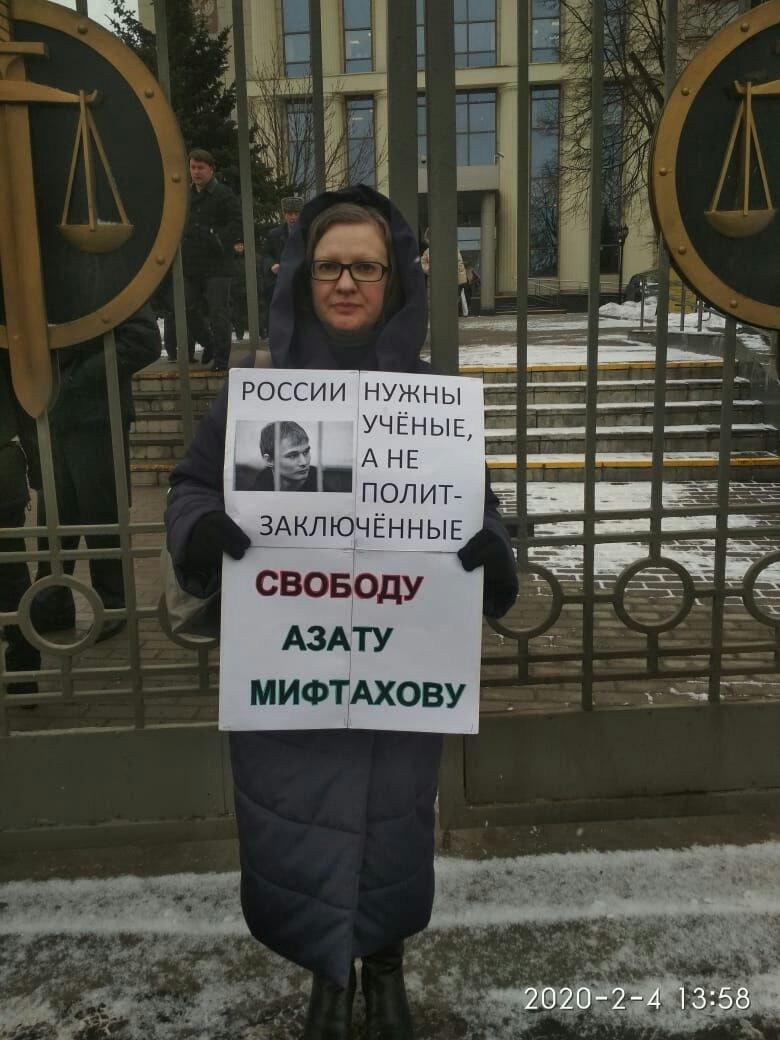
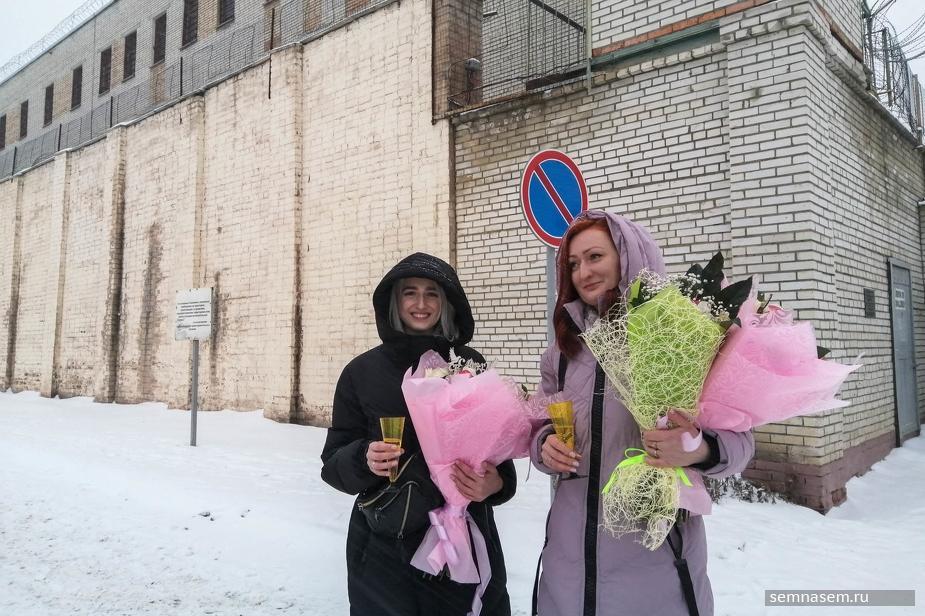 Anastasia Pchelintseva and Anna Shalunkina after their weddings to Dmitry Pchelintsev and Maxim Ivankin. Photo courtesy of 7×7 and Novaya Gazeta
Anastasia Pchelintseva and Anna Shalunkina after their weddings to Dmitry Pchelintsev and Maxim Ivankin. Photo courtesy of 7×7 and Novaya Gazeta














 Yuri Dmitriev. Photo by
Yuri Dmitriev. Photo by 
 Edem Bekirov. Photo courtesy of
Edem Bekirov. Photo courtesy of